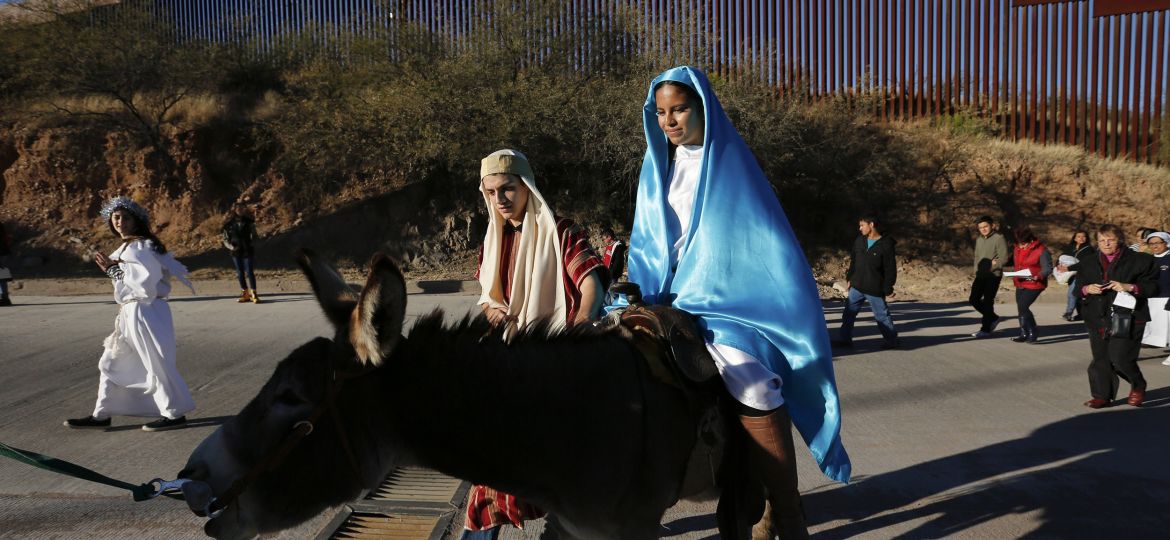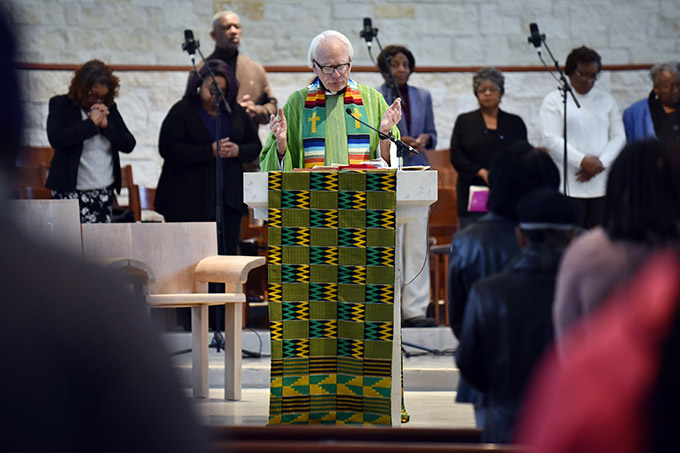As the fall season approaches each year, many of our parishes begin preparing to bring their communities together in joyful celebrations. Some call these gatherings “parish festivals,” while others prefer the name “carnivals.” Whatever we choose to call them, these celebrations are far more than just events on a calendar. They are living reminders of our fellowship with Christ and with one another as a community of believers.
This Christmas I had the very edifying experience of attending for the first time a celebration of Las Posadas.
Today I heard about a theory of human personality which teaches that at the time of birth a child is given a false identity. This new person has a name that it did not choose. It has a family with which it is constantly compared as to relationship of age or of comparison of talent or wit. It lives in a world that it did not create.
Many of us want to grow in holiness and draw closer to God. Our perception of our personal holiness or closeness to God often revolves around how many prayers we say, how many spiritual books we read, how often we attend church, how often we receive the sacraments of the Eucharist and Penance, or whether we are good parents or good people. Yes, these are excellent steps toward holiness and closeness to God, and I encourage and recommend that we all practice them.
The Polish poet Czeslaw Milosz, winner of the Nobel Prize for literature in 1980, declared in a book of prose that “the Scriptures constitute the common good of believers, agnostics, and atheists.” For Milosz, whose life was scarred by the Nazi and Communist takeovers of his native land, the moral authority and literary beauty of the Bible was a refuge against the lethal and banal propaganda spewed forth from those godless governments and armies, even though he could not bring himself to believe in God.
I want you to know how much I believe in and love Lent, and I want you to know how much I wish that no one would say “I don’t believe in Lent.”






